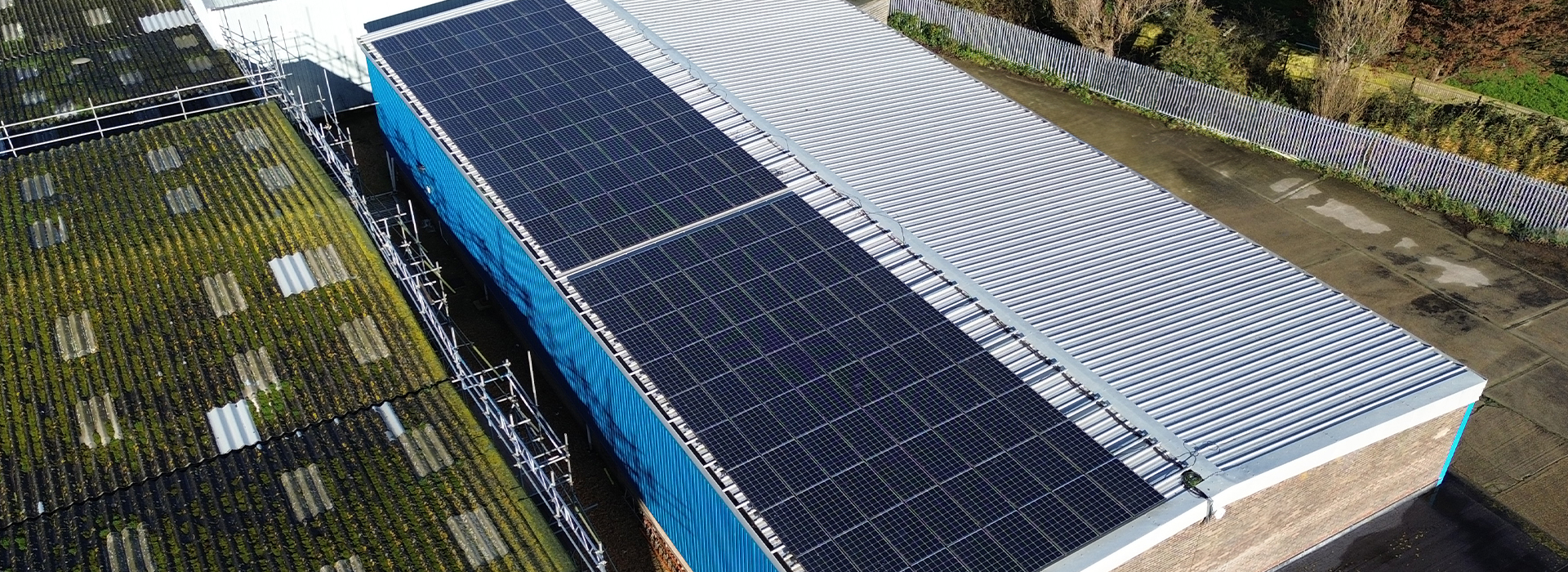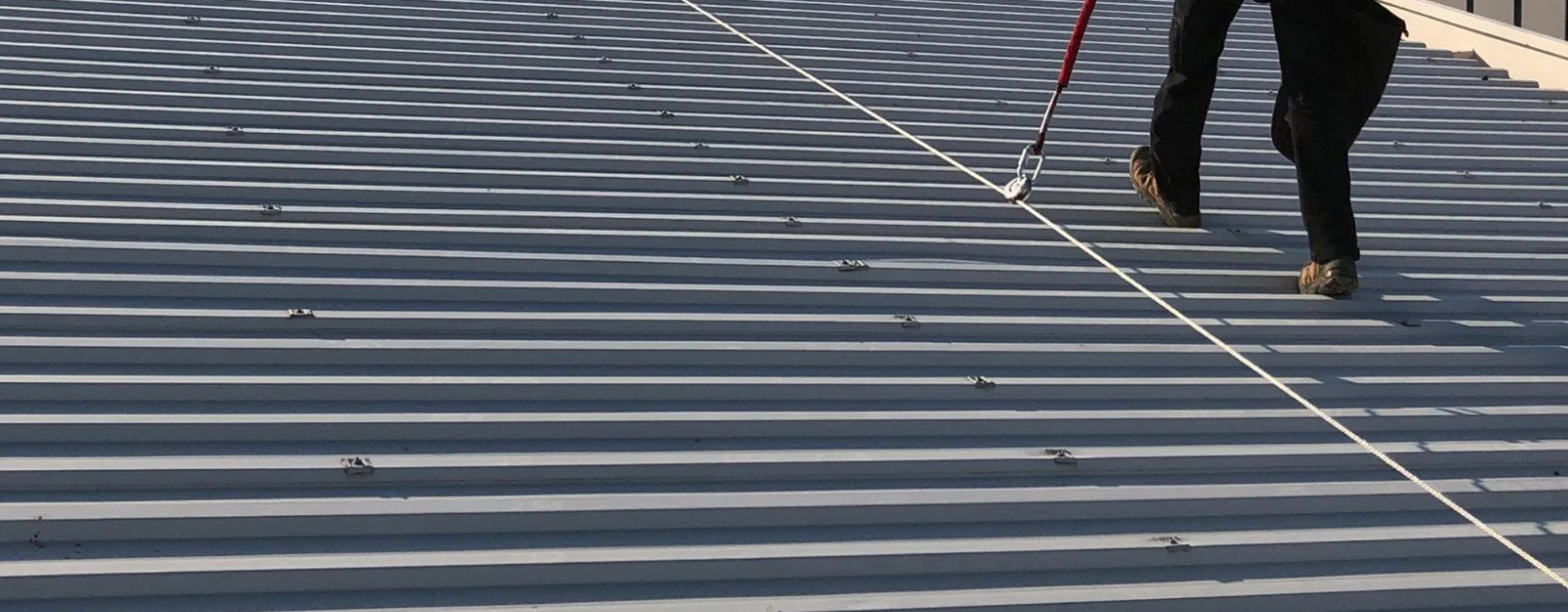The safety of workers should always be a top priority for any business, especially when it comes to working at heights on industrial or commercial roofs. In the UK, where regulations are stringent and workplace safety is heavily monitored, fall protection is not just a recommendation but a legal requirement.
Statistics on Roof-related Accidents
According to recent studies, falls from roofs are among the leading causes of workplace fatalities in the UK. Each year, hundreds of workers suffer severe injuries or lose their lives due to falls from heights.
Regulatory Requirements in the UK
In the UK, several regulations, including the Work at Height Regulations 2005, mandate employers to assess the risks associated with working at height and take appropriate measures to prevent falls. Failure to comply with these regulations can result in hefty fines and legal consequences.
Risk Factors on Industrial or Commercial Roofs
Working on industrial or commercial roofs poses various risks, including unstable surfaces, slippery conditions, and unprotected edges. Factors such as adverse weather conditions and equipment malfunctions further increase the likelihood of accidents.
Consequences of Inadequate Fall Protection
The consequences of inadequate fall protection can be devastating, both for the individuals involved and the businesses they work for. In addition to physical injuries and fatalities, falls can lead to lost productivity, increased insurance premiums, and damage to reputation.
Cost-effectiveness of Fall Protection
While implementing fall protection measures may require initial investment, the long-term benefits far outweigh the costs. Preventing accidents not only saves lives but also reduces expenses associated with medical bills, compensation claims, and regulatory fines.
Training and Education
Proper training and education are crucial components of effective fall protection. Workers should be trained in hazard recognition, equipment usage, and emergency procedures to ensure their safety while working at heights.
Best Practices for Fall Protection
Implementing best practices, such as conducting thorough risk assessments, using appropriate equipment, and providing ongoing safety training, can significantly reduce the likelihood of falls on industrial or commercial roofs.
Community and Stakeholder Engagement
Creating a culture of safety requires the involvement of all stakeholders, including employees, contractors, and regulatory agencies. By fostering open communication and collaboration, businesses can build trust and support for their fall protection initiatives.
Conclusion
In conclusion, fall protection is not just a legal obligation but a moral imperative for businesses operating in the UK. By prioritizing the safety of workers and implementing comprehensive fall protection measures, companies can prevent accidents, save lives, and safeguard their reputation.
FAQs
Are fall protection regulations the same for all industries in the UK?
- While there are general regulations applicable to all workplaces, specific industries may have additional requirements tailored to their unique risks.
How often should fall protection equipment be inspected?
- Fall protection equipment should be inspected regularly, according to manufacturer guidelines and industry standards, typically before each use and at least annually by a competent person.
Can fall protection measures be customized for different roof types?
- Yes, fall protection measures should be tailored to the specific characteristics of the roof, considering factors such as slope, material, and access points.
What should I do if I observe unsafe working practices related to fall protection?
- If you witness unsafe working practices, you should report them to your supervisor or health and safety representative immediately to prevent accidents and ensure compliance with regulations.
How can I stay updated on changes to fall protection regulations in the UK?
- Staying informed about regulatory updates and best practices is crucial for maintaining compliance. You can subscribe to industry newsletters, attend training sessions, or consult with safety professionals for guidance.
et Access Now: https://bit.ly/J_Umma
Give my new GPT a try: https://chat.openai.com/g/g-xMTYfDbb4-human-written-100-unique-seo-optimized-article



